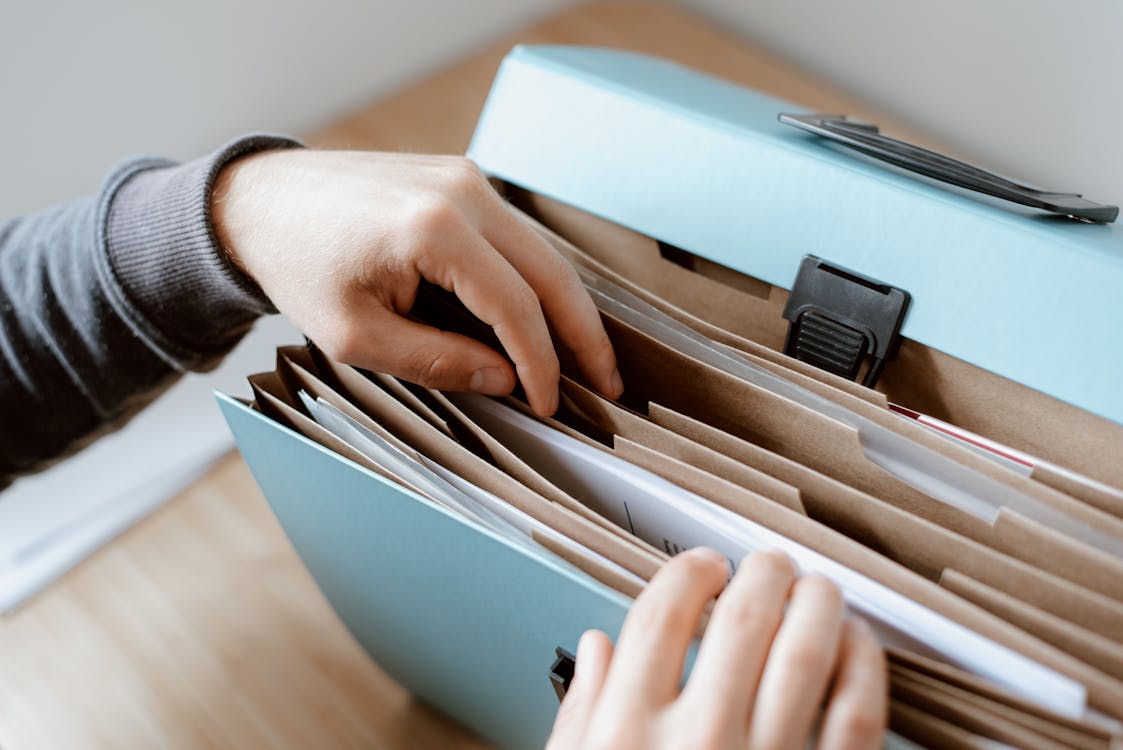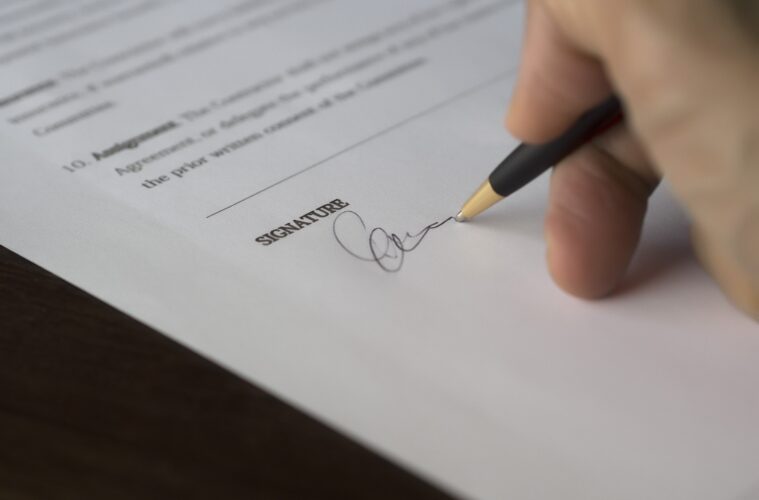Planning to develop a real estate property can be exciting, but it also comes with its fair share of challenges. One of the most crucial aspects that often get overlooked is obtaining the necessary paperwork before starting. This step is essential, as it helps avoid costly setbacks and legal issues down the line. In this blog post, we’ll discuss how you can acquire all the required documentation needed for your real estate development project. From identifying what documents are needed to contacting relevant authorities and agencies, read on to find out how you can efficiently gather and organize everything you need to begin developing your dream property!

Identify the required paperwork
This step is essential because the documentation needed may vary depending on the type of property you plan to build and its location. To ensure that you have all the necessary documentation, there are a few steps you can take. First, research what documents are typically required for your specific type of real estate development project. This information can be found by reviewing local zoning laws and regulations or consulting with professionals in the industry. In addition, you can learn in advance whether land entitlement documentation is something you need to deal with prior to the process of development. Next, determine if there are any additional permits or licenses that would be necessary for your project to move forward smoothly. For example, if your property is located near a wetland area or historical landmark site, you may need special permits before beginning construction. It’s also important to note that some paperwork requirements will vary based on where your property is located. You’ll want to review federal and state laws while keeping in mind any unique aspects of local government regulations.
Research the requirements
Start by researching local zoning laws, building codes, environmental regulations, and permits required by relevant authorities such as municipalities, counties, or states. Each location has its own set of rules and regulations regarding land use and construction activity; thus, doing proper research can save you from costly mistakes. To obtain accurate information about the requirements for your specific project, consult with professionals in various fields such as land surveyors, architects, or engineers who have knowledge of local legislation. They can provide valuable insight into what needs to be done before starting any construction activities. In addition to consulting with professionals, consider reaching out to other developers who have completed projects similar to yours. Their experiences may offer useful tips and advice on how best to approach acquiring necessary paperwork while avoiding delays or setbacks.
Contact relevant authorities or agencies
It’s important to note that different localities may require different permits and documents, so make sure you are researching for your specific area. One of the first places to check would be your local building department. They can provide information on zoning laws, building codes, and permits needed before construction can begin. You may also need to contact other departments such as health, fire, or environmental services depending on the nature of your project. It’s crucial to reach out early in the process as some applications may take a while to process. Don’t wait until right before construction begins because if any issues arise with missing paperwork or incomplete applications it could delay your timeline significantly.

Create a checklist
A checklist ensures that all required documents are obtained and nothing is overlooked during the process. To start creating a checklist, review the requirements gathered during research. This will help narrow down which documents need to be collected for each requirement. Then, categorize these requirements into separate sections based on their respective agencies or departments. Next, determine which items on the list require additional documentation such as signatures or notarization. Make sure to include these details on the checklist so that everything can be completed as efficiently as possible. Once you have your initial draft of the checklist complete, review it thoroughly with someone else familiar with real estate development processes. This can help catch any errors or omissions before moving forward with gathering all required documents.
Gather and organize documents
Start by creating a list of all the documents that you need. This can include permits, licenses, contracts with contractors and suppliers, insurance policies, and more. Once you have your list ready, begin collecting each document one by one. Make sure to keep everything organized as you go along. Use folders or binders to separate different types of documents from each other. Label everything clearly so that it’s easy to find what you need later on. If there are any missing pieces of information or documentation that you still need, don’t hesitate to reach out for help again! It’s always better to double-check than risk running into issues down the line.
Identifying required paperwork, researching requirements, contacting relevant authorities or agencies, creating a checklist, and gathering all documents are critical steps toward ensuring that your project complies with all applicable laws and regulations. By following these steps, you will be able to avoid many of the challenges faced by developers who don’t comply with local regulations. You’ll also have peace of mind knowing that everything has been done correctly from a legal standpoint. If you’re unsure about any aspect of acquiring paperwork for your real estate development project or want professional help navigating these processes contact an experienced attorney or consultant within the field.
Published by Holr Magazine.


